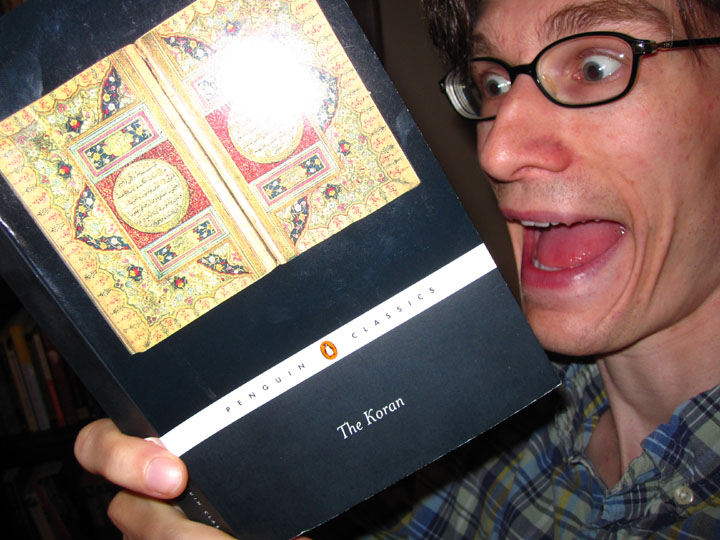What if, instead of hearing the story of "The Boy Who Cried Wolf," someone told you the story of "The Girl Who Cried Dragon"? Instead of a boy who constantly lies that a wolf is attacking his sheep (only later for the lie to come true, when no one believes him), you're told a story about a girl who lies about a dragon who attacks the town's magic treasure? What would your response be? Would you think the story was nonsense because it wasn't how you were taught it? Would you knowledgably declare that dragons don't exist? Would you have a problem with the hero being female instead of male? Would you puzzle over the meaning of the magic treasure?
If you find these cosmetic differences in the two stories so big of an obstacle that you don't understand the basic moral -- namely that liars aren't believed even when they tell the truth -- then you're hopeless. But if you see why these minor changes in character, animal, sex, etc. don't affect the moral of the story one bit, then you can begin to understand the universal nature of myth and the language of God.

